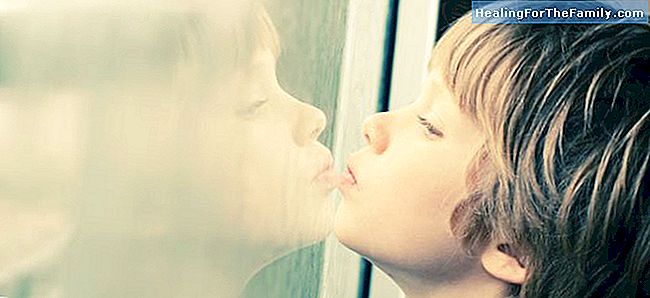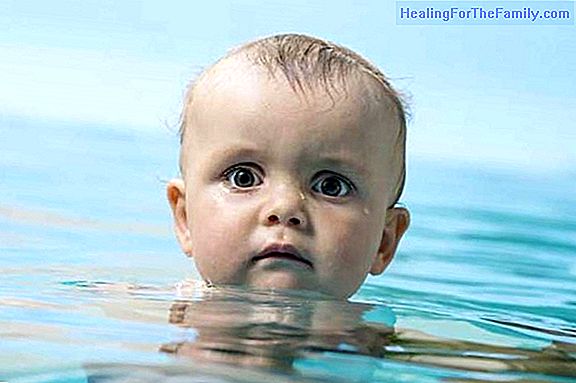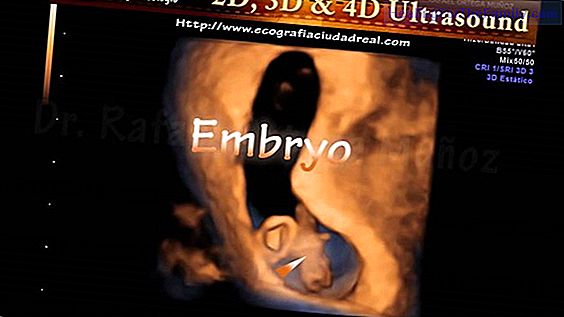10 False myths about child autism
Autism is technically known as Autism Spectrum Disorder (ASD) and, although there are many and varied symptoms, the most common and known refers to the ability they have Autistic children to interact and communicate with others. More than 100 years ago, people started talking about autism, and yet t
Autism is technically known as Autism Spectrum Disorder (ASD) and, although there are many and varied symptoms, the most common and known refers to the ability they have Autistic children to interact and communicate with others.
More than 100 years ago, people started talking about autism, and yet there is still little medical information about it. It is this fact that affects the creation of myths and false beliefs about this disorder. These topics do not help the integration of autistic children, therefore, it is important to dismantle these common myths about autism. The most common myths about child autism
Today there are many topics associated with autism, disassembling them will help children suffering from an autism spectrum disorder and their families to normalize the situation and integrate them into our society.

1-
Autism is a psychological problem . The reality is that it is neither an illness nor a psychological problem as was previously thought. It is an acute developmental disorder that begins in pregnancy and affects the child's ability to communicate and interact.2-
The cause of autism is in the family or the environment . Totally false, the family is not at all responsible as has been said for many years because of the lack of affection towards their children.3-
The cause of autism is in vaccination . For some years, the triple viral vaccine was held responsible, something already totally banished.4-
Autistic children can not communicate . There is a false belief that those who suffer from autism are locked in on themselves and are not able to communicate with their surroundings. Well, although it is true that autism have communication problems, they can talk and express themselves, even if they do so on very specific topics that interest them or sometimes repeat the same thing.5-
Children with autism are not affectionate and do not like physical contact . Although in the most serious cases they may not show emotions, the reality is that they are very sensitive children, they are usually very close to their parents and they do want to have friends with whom to play. They laugh, they feel, they cry and they get excited just like everyone else, although in some cases they can not channel feelings well.6-
Autistic children have unusual talents . Not all autistic children are capable of memorizing a book word for word, or doing really difficult mathematical calculations. Only 10% of them show what is called 'extraordinary talent'.7-
Autism is accompanied by an intellectual disability . It is not true, there are children who do have some type of disability and others do not.8-
Children with autism can not go to normal schools . In reality in most developed countries, children with autism go to normal schools, not special schools and live, except in very specific cases, with other children.9-
Autistic children are aggressive . Is not true. Although the autism spectrum disorder affects the nervous system and autistic children usually show a low tolerance to frustration and that makes them angry or have a challenging behavior sometimes, they are still attitudes that can be controlled and reeducate.10-
There can only be one case of autism in the family . It is false, and because it is believed that the cause is genetic, it can affect several children of the same family.11-
Autism can be cured. Autism has no cure, but treatment can help. It can last for years or all of life. You need a medical diagnosis. Early diagnosis and behavioral, educational and family therapy can help reduce symptoms and support the child's development and learning. 12-
Autistic children are all the same . It is not true. The variety and severity of symptoms can vary greatly from one child to another. The most common symptoms are difficulty in communicating, difficulty with social interactions, obsessive interests and repetitive behaviors.












